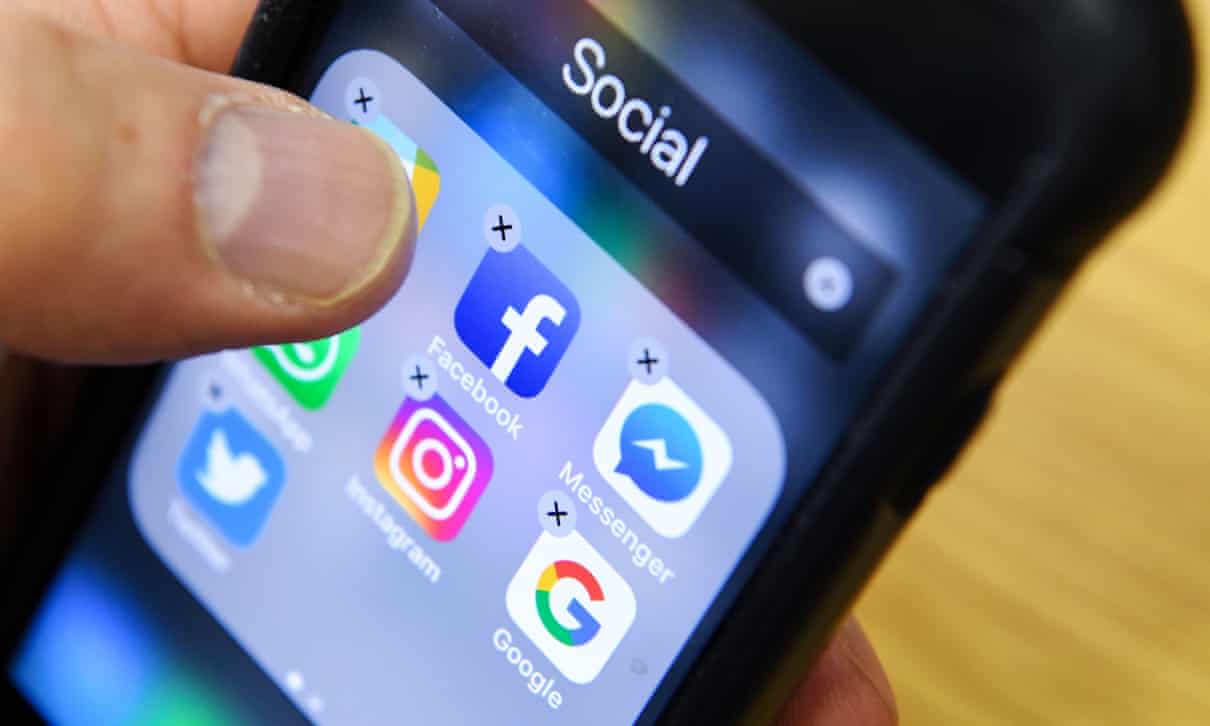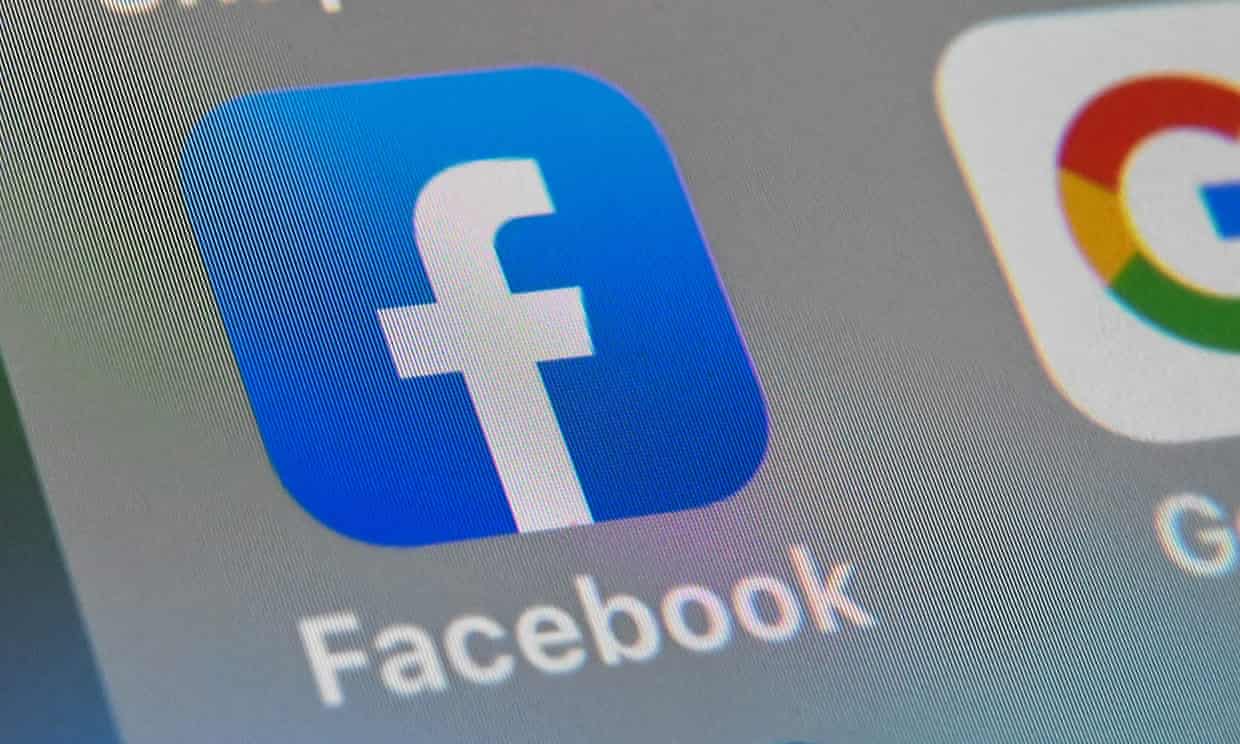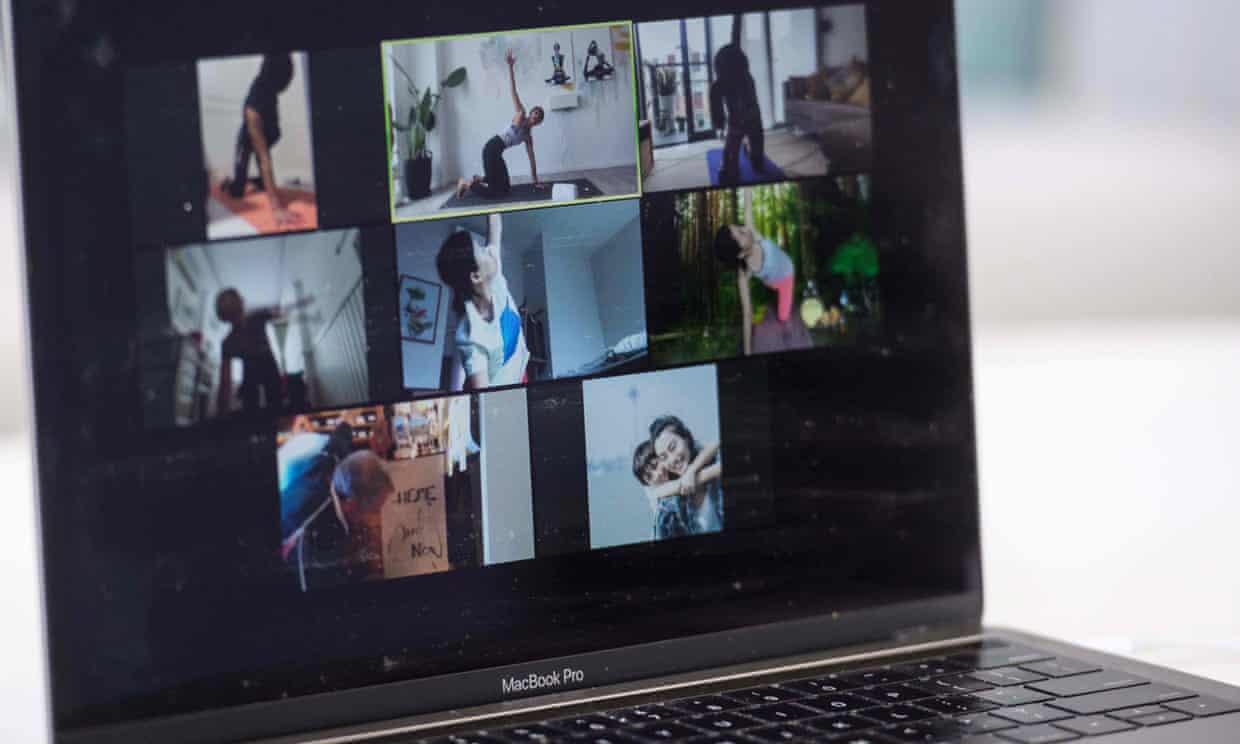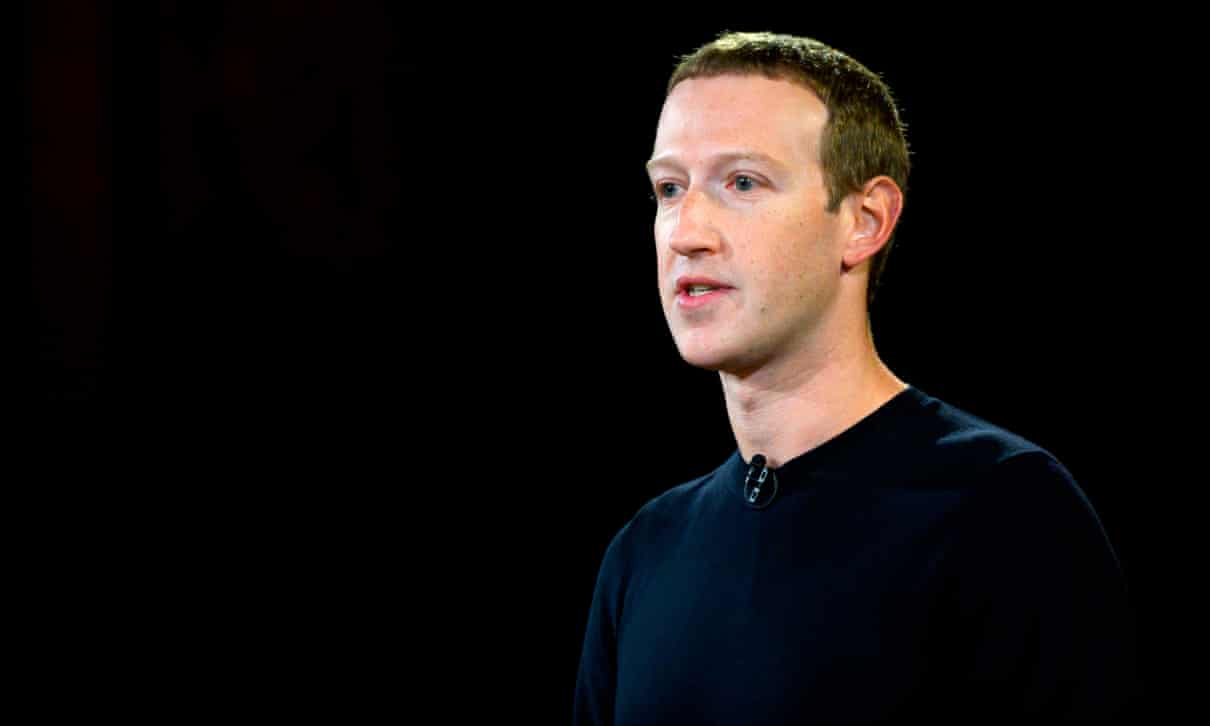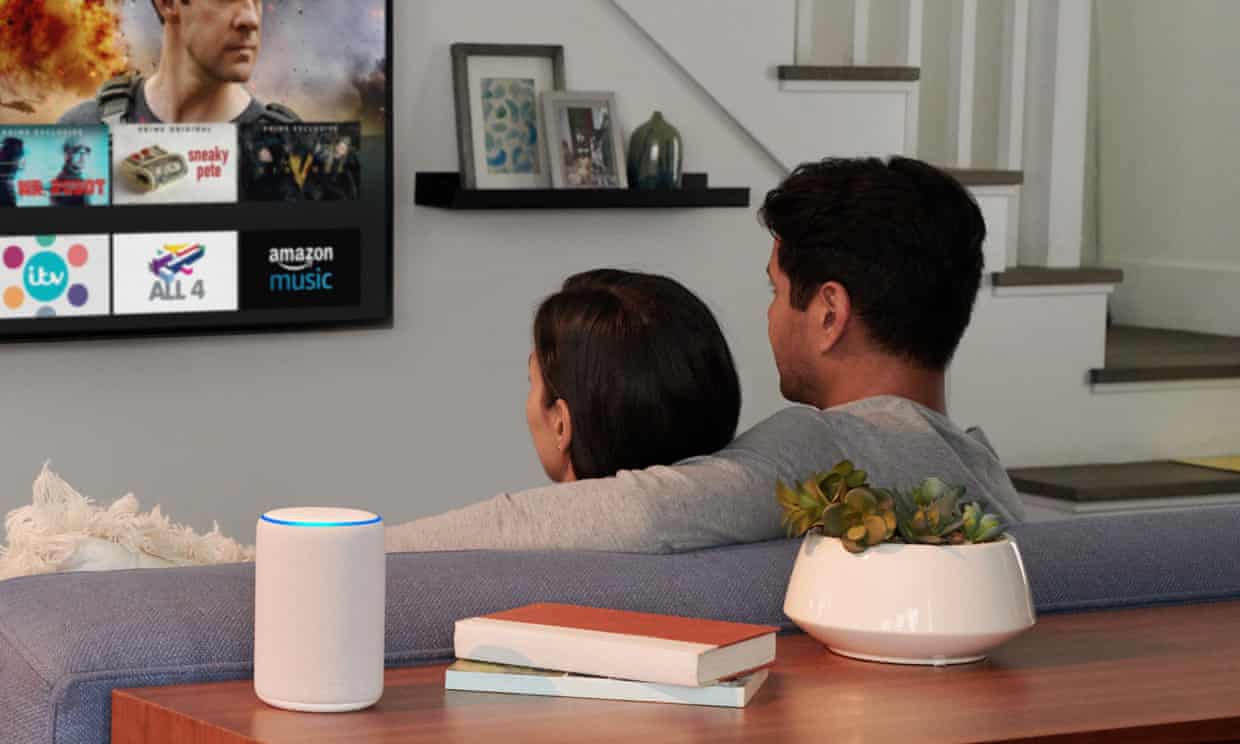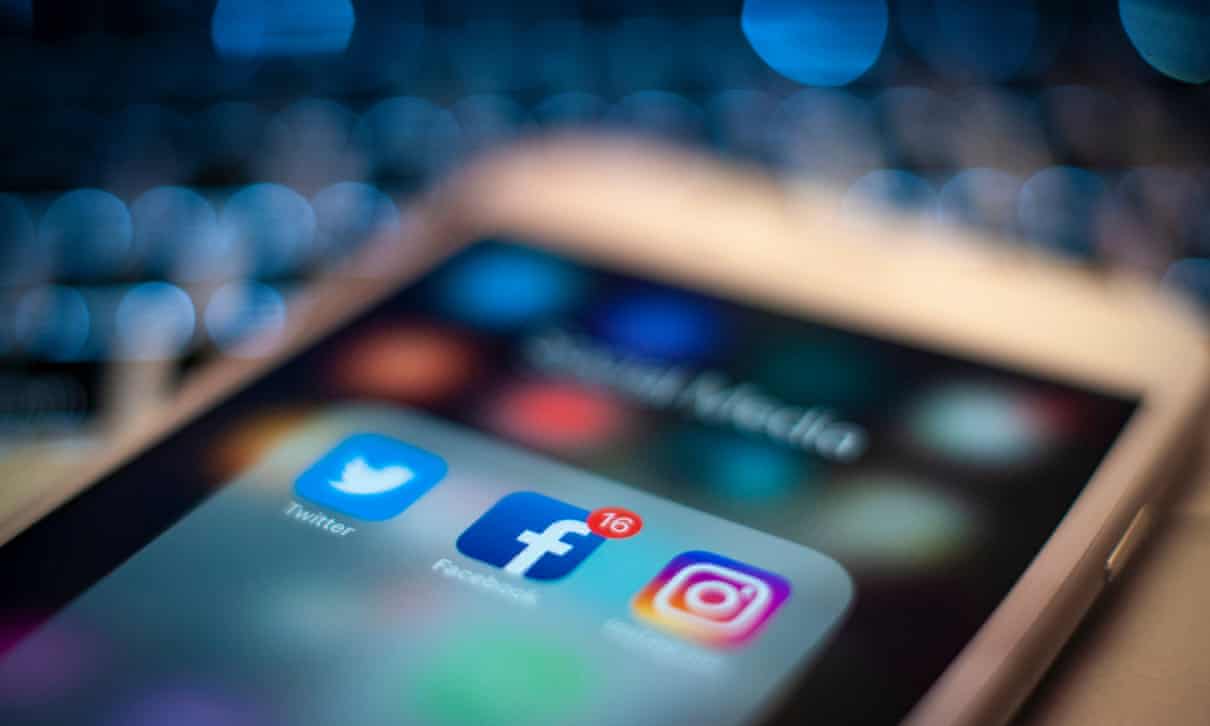The teleconferencing company Zoom has seen a massive increase in profits and has doubled its annual sales forecast, driven by a surge in us...

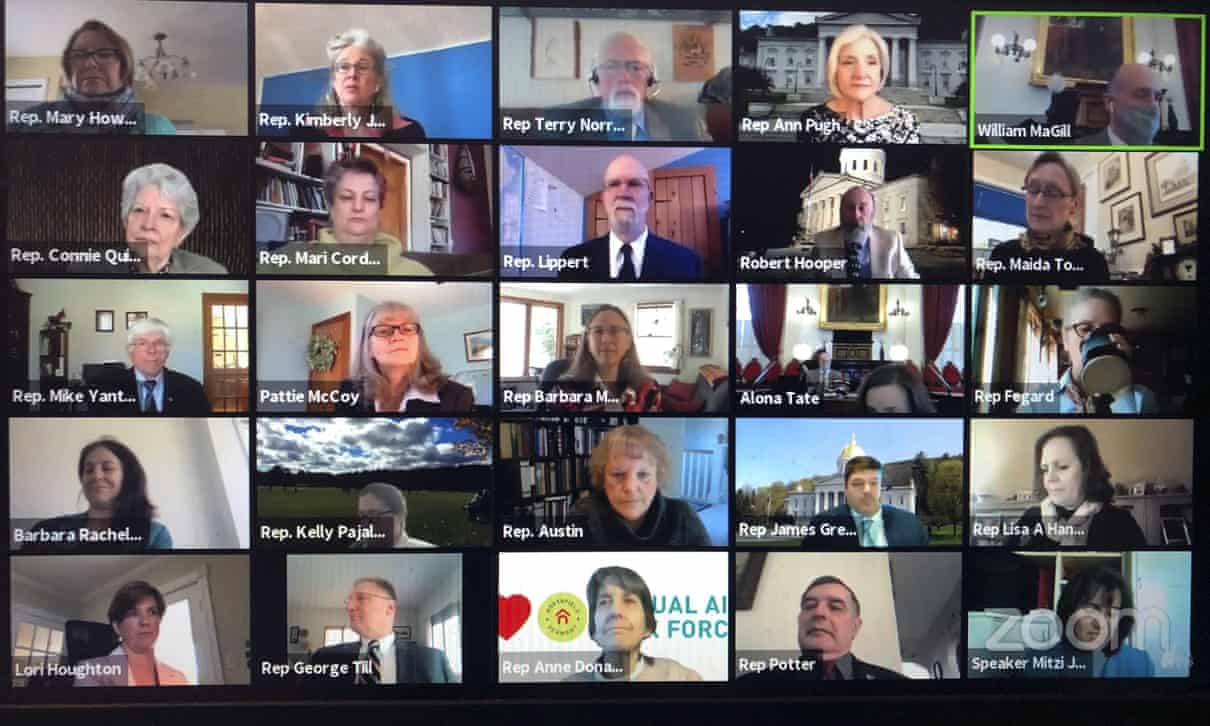
The teleconferencing company Zoom has seen a massive increase in profits and has doubled its annual sales forecast, driven by a surge in users as more people work from home and connect with friends online during the coronavirus crisis.
The once-obscure Zoom Video Communications, which has rapidly emerged as the latest Silicon Valley gold mine, released financial results on Tuesday showing the astronomical growth that has turned it into a stock market star.Zoom's boom has come despite privacy problems that enabled outsiders to make uninvited and sometimes crude appearances during other peoples video conferences. Zoom's revenue for its fiscal first-quarter between February and April more than doubled from the same time last year to $328m, turning a profit of $27m compared with $198,000 a year ago.The numbers exceeded analysts already heightened expectations, providing another lift to a rocketing stock that has more than tripled in price so far this year. After a big run-up leading up to Tuesday's highly anticipated announcement, Zoom's stock gained nearly 3% in extended trading to $213.60 – more than five times the company's initial public offering price of $36 less than 14 months ago. The surge has left Zoom with a market value of about $59bn greater than the combined market values of the four largest US airlines, which have seen their businesses hammered by the coronavirus outbreak that has dramatically curtailed travel."We were humbled by the accelerated adoption of the Zoom platform around the globe," said boss Eric Yuan, who co-founded the company nine years ago.In a sign that its growth is not expected to be short lived, Zoom forecast revenue of roughly $500m for its current quarter ending in July, more than quadrupling from the same time last year. For its full fiscal year, Zoom now expects revenue of about $1.8bn, nearly tripling in a year.Security issues prompted some schools to stop using Zoom for online classes that have become widespread since February, although the company's efforts to introduce more security protection has brought some back to the service. More than 100,000 schools worldwide are now using Zoom for online classes, according to the company.But the once-weak privacy controls also helped make Zoom extremely easy to use, one of the reasons it became such a popular way to hold online classes, business meetings and virtual cocktail hours after most of the US began ordering people to stay at home in effort to reduce the spread of the novel coronavirus that causes Covid-19.Zoom also offers a free version of its service, another factor in its popularity at a time when about 40 million people in the US have lost their jobs since mid-March, raising the specter of the worst economic downturn since the Great Depression of the 1930s.The San Jose, California-based company has always made most of its money from companies that subscribe to a more sophisticated version of its service that traditionally has been used for business meetings among employees working in offices far apart from each other.But the pandemic-driven shutdown turned Zoom into a tool for employees who once worked alongside each other, but have been doing their jobs from home during the past few months.Zoom ended April with 265,400 corporate customers with at least 10 employees, more than quadrupling from the same time last year.Although Zoom remains focused on servicing its corporate customers, Yuan is hoping to figure out ways to make money from the all the socialising and education taking place on the service, too. Some analysts have speculated that Zoom may eventually show ads on the free version of Zoom, although the company has not given any indication it will do that.
